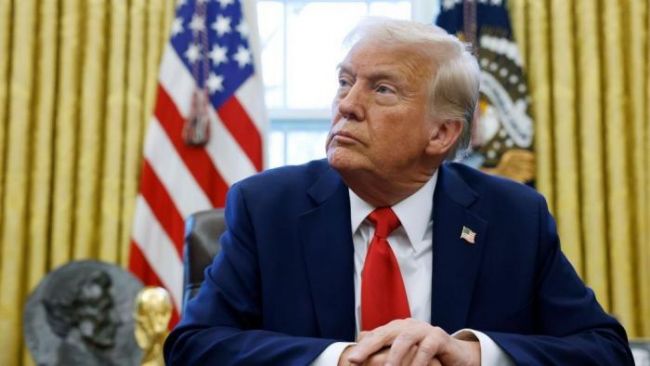AI Takes Center Stage at Global South's Power Table
At the 2025 BRICS Summit in Rio de Janeiro, artificial intelligence wasn’t just a tech topic—it became a matter of sovereignty. Leaders from Brazil, Russia, India, China, South Africa, and newly added members like Saudi Arabia, Egypt, Iran, UAE, Ethiopia, and others signed off on a draft declaration urging global safeguards against unauthorized AI data use, with a focus on protecting personal information, copyrighted material, and national datasets.
The Core Demands: Protect People, Protect Creators
The BRICS bloc's communique puts forward two major concerns:
- Unauthorized scraping of personal or copyrighted data by AI companies must be curbed.
- Fair compensation frameworks should be introduced for creators, scientists, and governments whose data is used to train AI models.
The demand directly targets a growing grievance: tech companies from richer economies have built trillion-dollar models using internet-scale data—often scraped without consent or payment, particularly from public research, media, and social platforms in the Global South.
Not Just AI: A Broader Push for Global Equity
The call for AI data rights came alongside a broader push to overhaul global governance:
BRICS leaders repeated their demands for reforms at the UN, IMF, and World Bank, where voting power remains skewed in favor of older Western economies.
There was also a joint condemnation of U.S. tariff threats, notably former President Trump’s recent warning of 10% tariffs on BRICS exports if re-elected.
The summit also included climate-focused pledges. Brazil emphasized Amazon forest preservation, while China and the UAE discussed green hydrogen partnerships with member countries.
Why AI Became a Flashpoint Now
AI has exploded in commercial value, with models like OpenAI’s GPT-5, Google’s Gemini Ultra, and China's WuDao 4 all training on massive, unregulated data corpuses.
The lack of international rules means that:
- Copyrighted content like academic papers, books, art, and social posts are routinely used without licensing.
- Personal data from social platforms may be scraped without user knowledge, especially in low-enforcement countries.
Global South datasets, including public records, government documents, and academic research, are used to improve global AI models with no return to the source nations.
The Growing BRICS Voice in Digital Ethics
With 15 full members as of 2025, BRICS now represents:
- Over 3.7 billion people (more than half of the global population)
- Around 40% of global GDP
- Significant control over key commodities, labor pools, and increasingly, digital ecosystems
By uniting on AI data ethics, the group is positioning itself as a counterweight to the tech-dominated AI policies of the U.S. and EU.
India’s delegation called the unchecked AI scraping “digital colonialism,” while China urged a global code of conduct ensuring that large models don’t perpetuate data theft under the guise of innovation.
What Comes Next?
The AI-specific sections of the BRICS declaration are still in draft stage but are expected to be finalized and released publicly by the summit’s end.
Watch for these ripple effects:
- Global South countries may demand licensing fees from AI companies that use public datasets.
- Tech giants could face export restrictions, lawsuits, or data localization demands from BRICS members.
- More countries may join BRICS or align with its digital policy bloc, especially in Africa and Southeast Asia.
Final Word: AI’s Wild West Days Are Ending
As AI reshapes economies, BRICS nations are drawing a line: no more data for free. In a world where data is the new oil, this summit may be remembered as the moment when the Global South started asking for its cut—and the AI industry realized the era of no-questions-asked scraping might be over.





